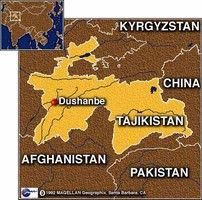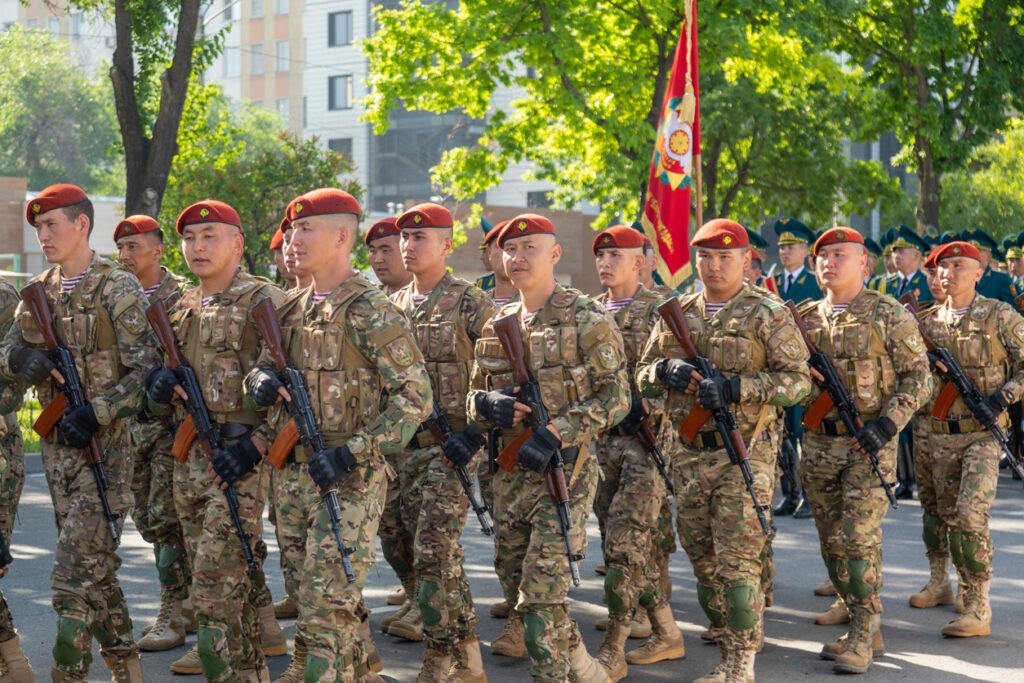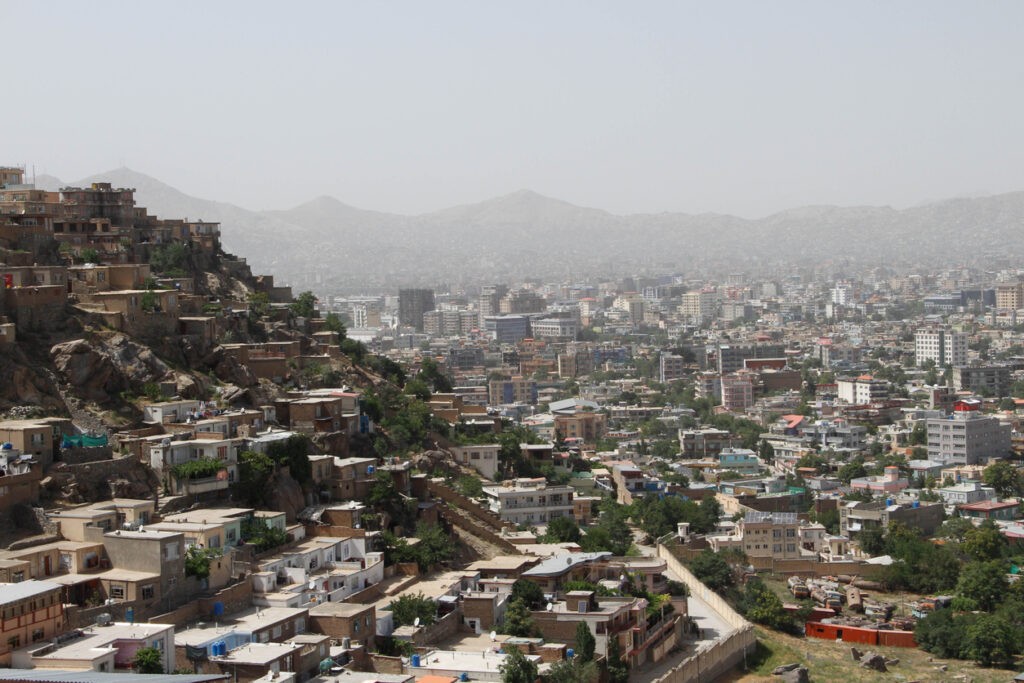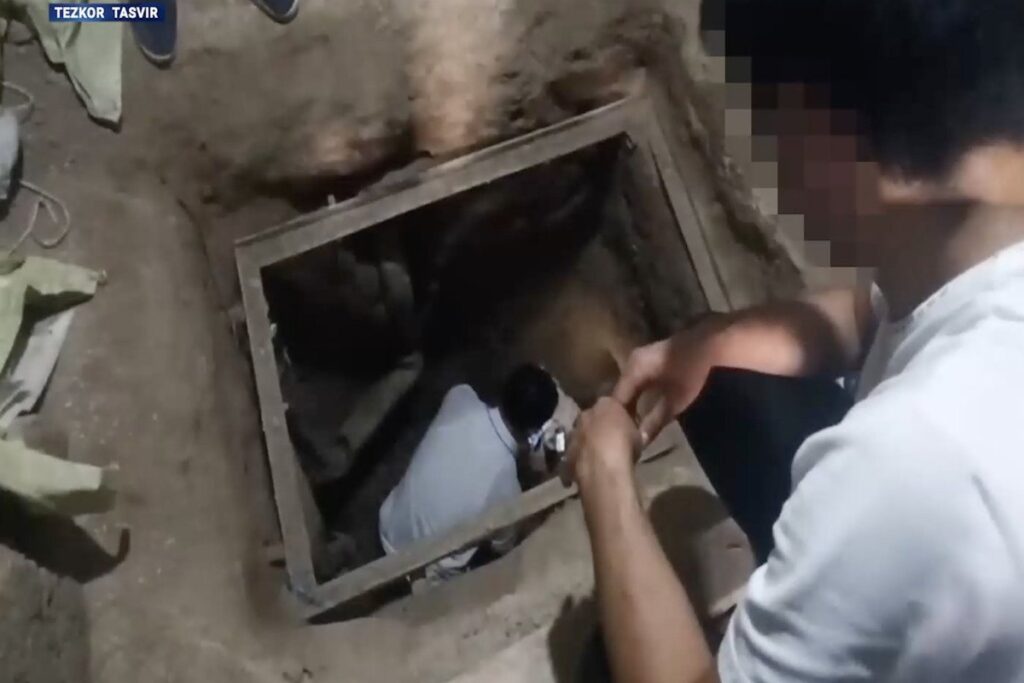LONDON (TCA) — In December 1992, seven months after the start of the sectarian Tajik Civil War, the Russian 201st Motor Rifle Division recaptured the Tajik capital of Dushanbe which had been held by the United Tajik Opposition, a coalition of Islamists, nationalists and democrats. The 201st Division was a unit of the Russian Army, stationed in Tajikistan after the withdrawal from Afghanistan. The 201st were the border guards on the periphery of the Soviet Union with the 810 mile long border with Afghanistan to the south and the turbulent Chinese province of Xinjiang to the East.
For decades, the Tajik-Afghan border has been porous allowing drug traffickers easy access the rest of Central Asia and Russia through the valleys and lowlands of the Khatlon border region. During the Civil War, the forced resettlements of ethnic groups into the region resulted in sectarian violence and left Khatlon as one of the most ravaged areas of the country. However, the movement of people and drugs across the border is no longer a one way system. Since the outbreak of the 2001 war in Afghanistan accompanied by the rise of the Islamic State in the Middle East, Tajik nationals have been heading to the haunts of the Taleban in northern Afghanistan and the strongholds of the Islamic State in Syria and Iraq.
Since independence from Moscow in 1991, Islamist violence has risen in Tajikistan reaching a peak during the civil war. The Islamic Renaissance Party (IRP) fought alongside the United Opposition to bring down the newly formed Tajik establishment. In the background, the IRP received support from the then Islamic State of Afghanistan who allowed its operatives to regroup in Afghan soil. As the Taleban solidified its power in Afghanistan and occupation of Kabul, the links between the IRP and their United Opposition allies were growing closer. In the wake of Chechnya, Moscow had no intention of letting its soft Central Asian underbelly become a hive of Islamist activity resulting in their decisive action to attack and defeat the United Opposition. Tajikistan’s position as the most southerly Central Asian nation has forced it onto the frontline of the post Soviet region. Though no longer a Soviet state, Russia’s military presence has not dwindled until recently.
This volatile history of ethnic violence and Islamist expansion has shocked many commentators following the recent announcement that Russia plans to reduce troop numbers in the country. Currently, 7000 troops are present in Dushanbe and cities of the Khatlon region though some have already been pulled back to the capital. However the contraction of the Russian economy in recent years combined with action in Ukraine and Syria has pushed the Russian defence budget to its limits. It is believed by the Ukrainian government that Russia plans to source another three divisions of troops to be stationed on the border which have to come from somewhere. The idle troops in southern Tajikistan could prove to be that source.
Though Russia will continue to pledge some million US dollars to train the Tajik military, their success at controlling the border is limited. The Armed Forces were not reorganised out of old Soviet units, the only former republic not to do so, meaning they were formed from scratch. The fact that the civil war dragged on for six long years has left a bitter taste in the mouth of a supposedly professional army. Though border guards number in the 20,000s, their training is limited and stuck in the past. Only in recent years has the US military introduced a non-commissioned officer training course for the ailing and poorly equipped regiments. Helicopters, essential for large scale border control operations, number at just fifteen though Russia has pledged to deliver an undisclosed number.
Though weakened by Afghan government forces last year, the Taleban in northern Afghanistan are still active and operational. Drug trafficking continues to pass into Tajikistan whilst Tajik nationals seep into Afghanistan to join the Islamic State which last year included a high profile police Colonel. The planned reduction of Russian forces is poorly timed and raises many questions about Dushanbe’s internal security capabilities and ability to strengthen one of the world’s most tumultuous borders.








